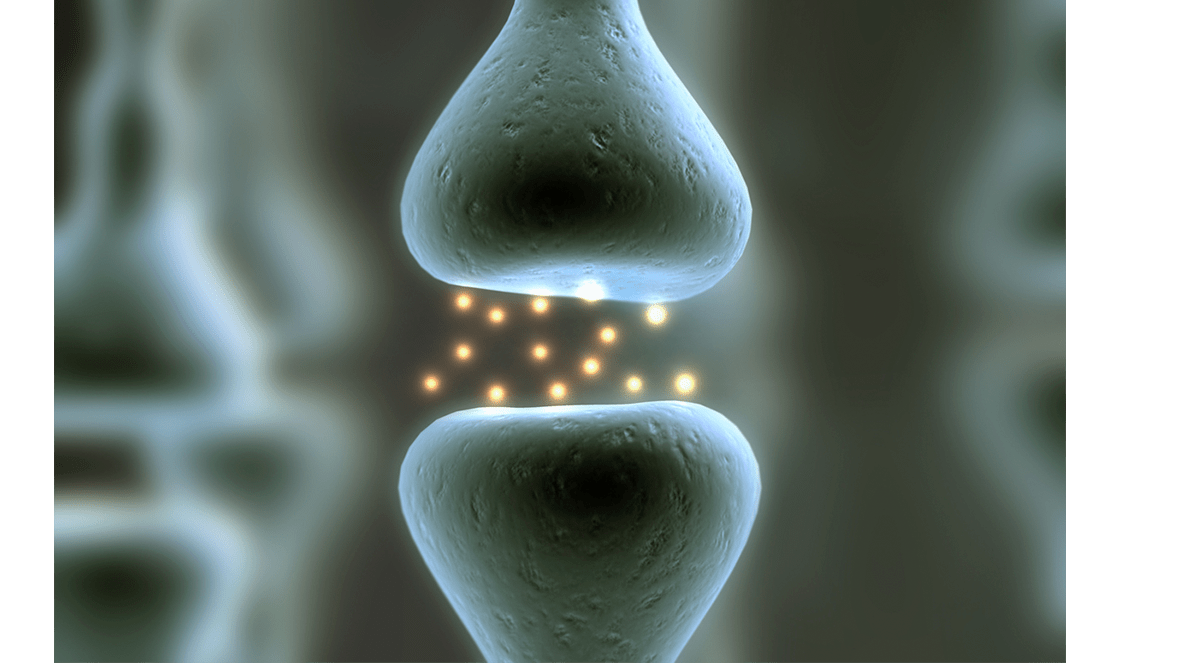Approximately 15%–20% of patients with GBS are unable to walk independently at 6 months from the onset of neurological symptoms. The modified mEGOS has been reported as a prognostic tool.
The study was done to check the association between a poor outcome, inability to walk independently at 6 months and presence of antiganglioside antibodies.
The clinical and serological data of 177 patients with GBS were retrospectively collected in Japan to assess the associations between a poor outcome and serum IgG antibodies against each ganglioside (GM1, GD1a, GalNAc-GD1a, GQ1b and GT1a). In addition, we investigated whether the combination of mEGOS and serum IgG antibodies against gangliosides is useful in predicting a poor outcome.
The patients with IgG anti-GD1a antibodies more frequently showed poor outcomes than those without these antibodies. Particularly, 80% showed a poor outcome when they had both serum IgG anti-GD1a antibody and a high mEGOS of ≥10 on day 7 of admission.
The study concluded that the combination of serum IgG anti-GD1a antibodies and a high mEGOS could help in making a more accurate prognosis of patients than mEGOS alone, especially for predicting poor outcomes.
Reference: https://jnnp.bmj.com/content/early/2020/10/07/jnnp-2020-323960


